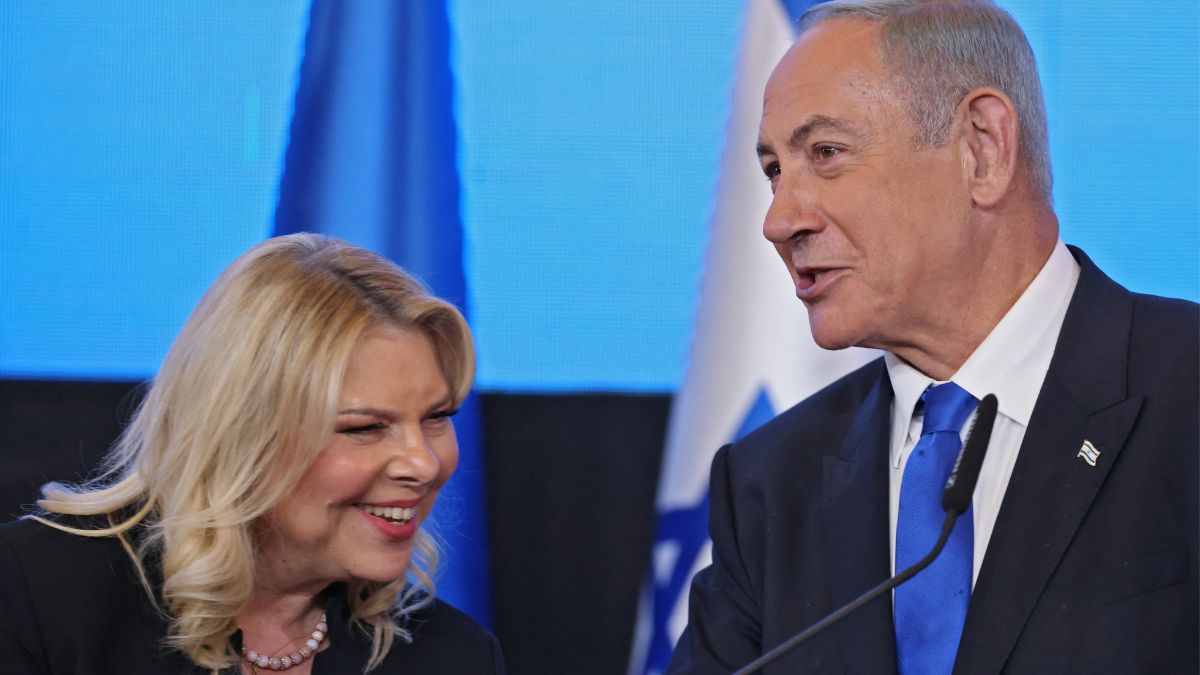"Tobacco use in South-East Asia is alarmingly high, triggering major health and economic consequences. Tougher actions are needed for tobacco control and prevention," said Poonam Khetrapal Singh, regional director of WHO South-East Asia region. "Countries must equally tax all tobacco products, ban tobacco advertisements, enforce pictorial warning on cigarette packs and implement ban on public smoking," she added.(35 percent of the Adult Indian Population Consumes Tobacco)
The Dili Declaration called on governments, United Nations agencies and partners to accelerate tobacco control in the region which accounts for over one-third of the world's tobacco use. "Tobacco kills 1.3 million people in the region every year, including people who were exposed to second-hand and third-hand tobacco effects. It is also home to 25 percent of the world's smokers and 90 percent of the world's smokeless tobacco users," the statement said.
Tobacco use has been identified as one of the major risk factors for serious diseases of the lung, heart, and cancer. In 2012, an estimated 62 percent deaths in the region were attributed to non-communicable diseases; of these 48 percent were below 70 years. Highlighting the fact that premature deaths were not only a loss to the families, but also have a huge economic impact on the country, Singh said there was an urgent need to "enforce stringent policies and measures to help people reduce and eventually quit tobacco".(This Indian City Smokes the Most)
"WHO recommends enhancing awareness on the ill-effects of all types of tobacco products; effective control measures to reduce tobacco consumption and counter-interference of tobacco industry; strengthening taxation systems on tobacco products to reduce consumption, and enhancing surveillance, research and cessation of tobacco use," she said.










